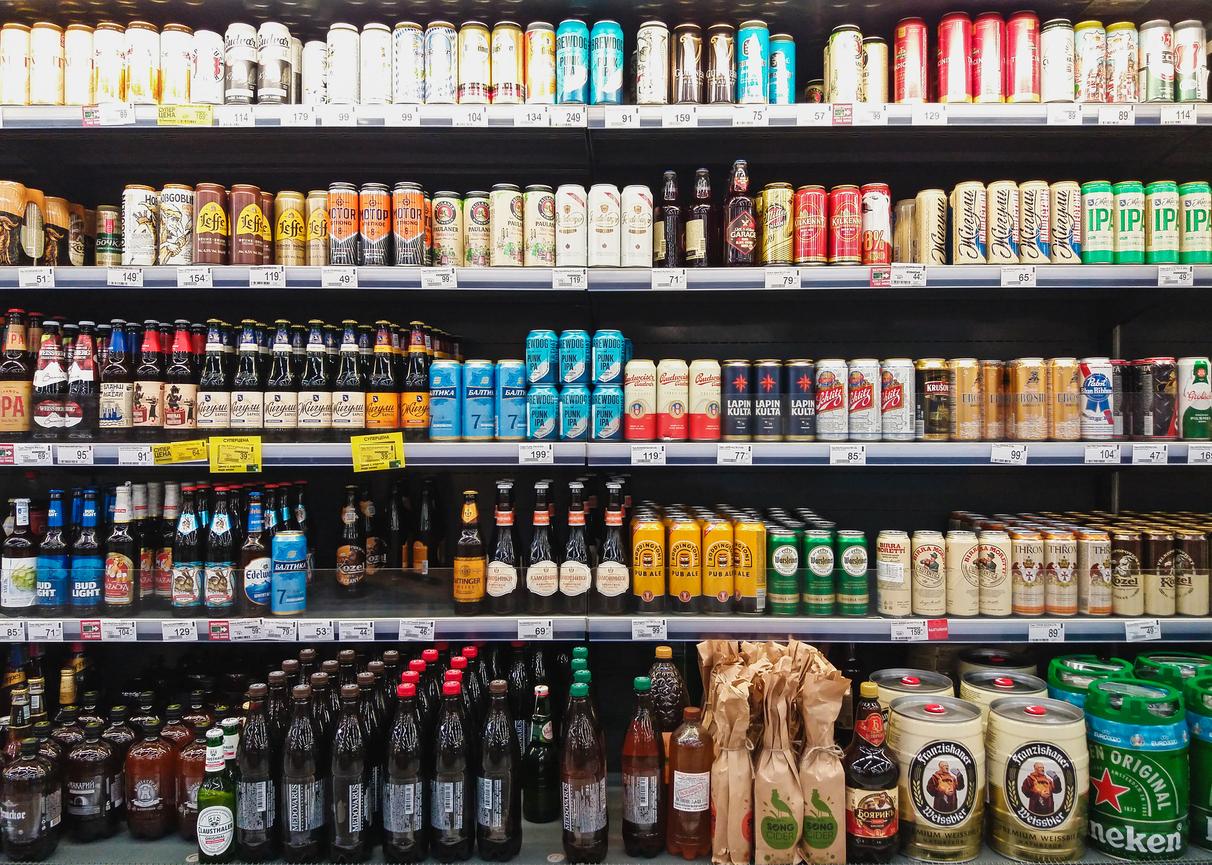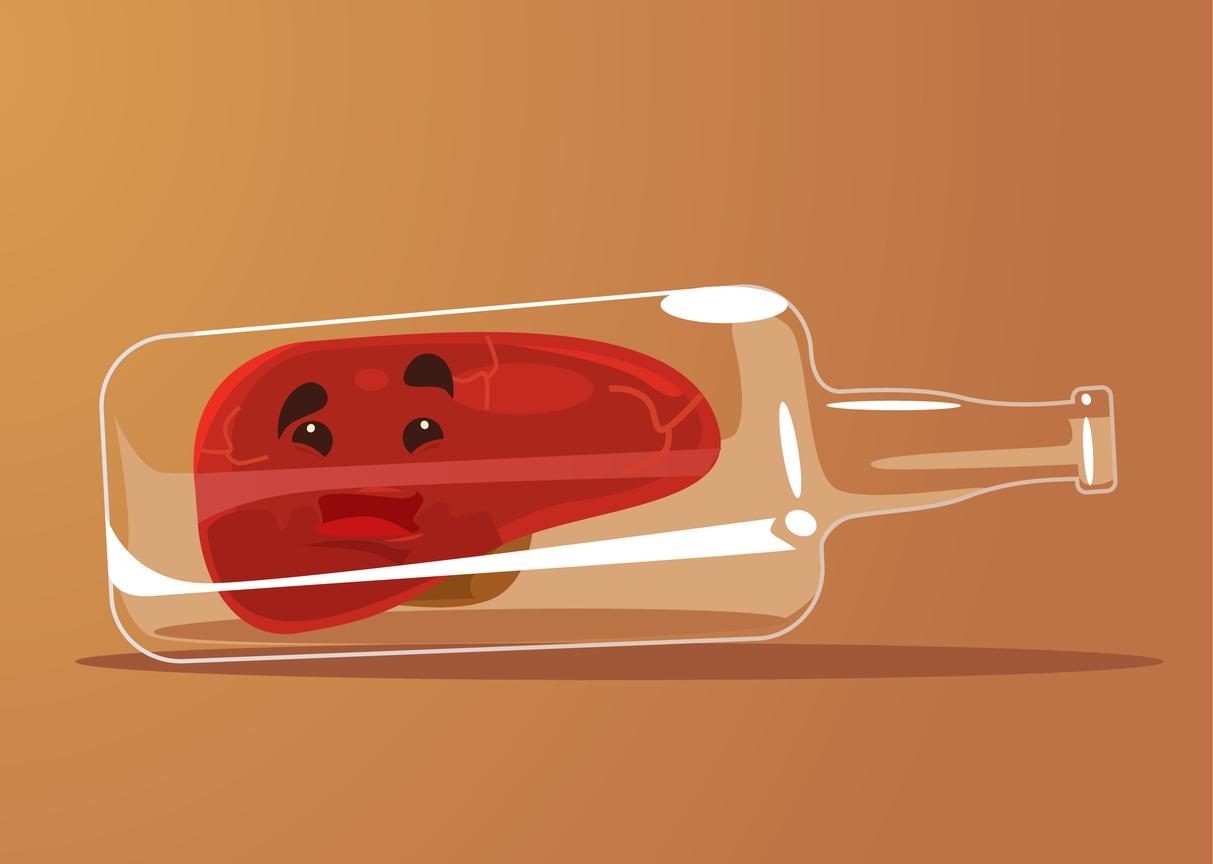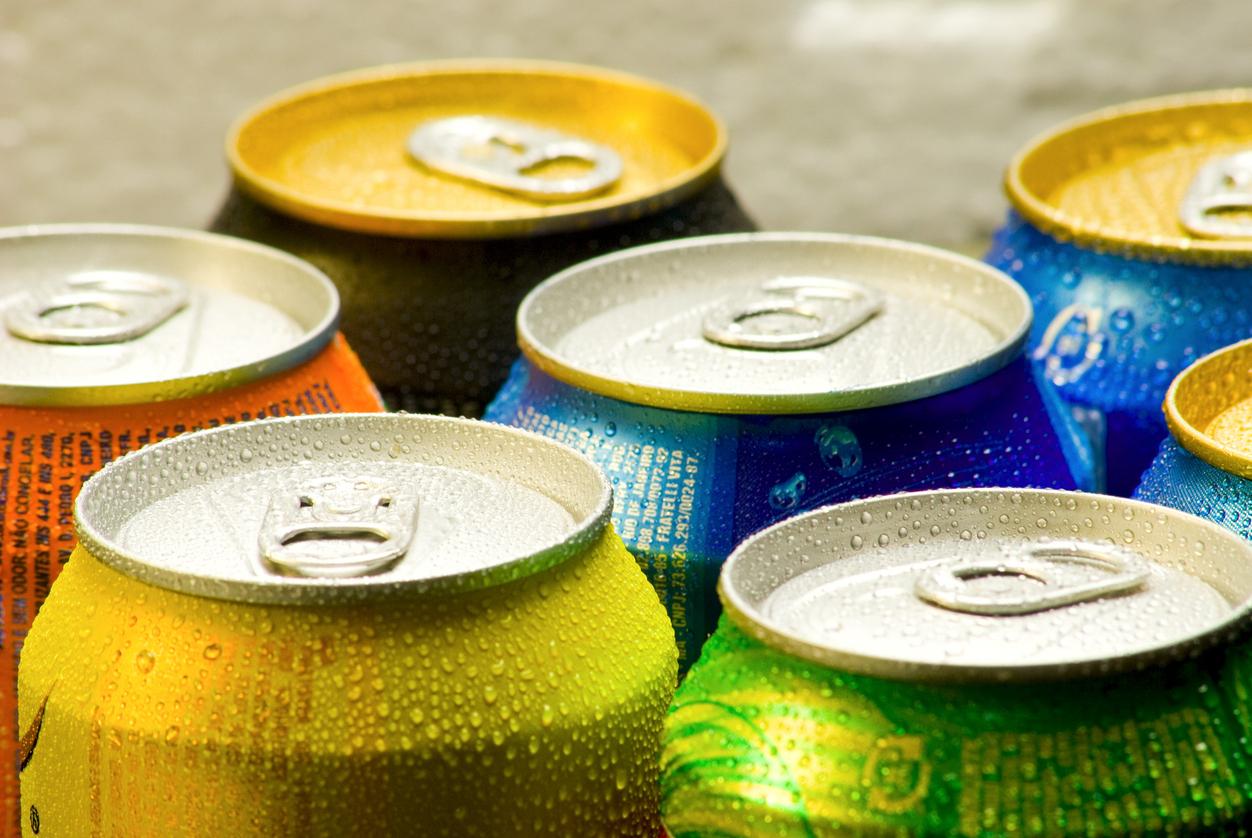To fight diseases linked to poor diet or alcohol, the WHO is asking authorities to implement a tax on alcoholic and sugary drinks, such as sodas.

- According to the WHO, 2.6 million people die each year worldwide due to alcohol consumption and more than 8 million due to unhealthy diets.
- The organization therefore pleads for the generalization of high taxation of sugary drinks and alcohol.
- “Research shows that taxing alcohol and sugary drinks helps reduce consumption of these products and gives companies a reason to produce healthier products,” says the WHO.
2.6 million people worldwide die each year from alcohol consumption and more than 8 million from unhealthy diets. For the World Health Organization (WHO), implementing a tax on alcohol and sugary drinks would be an effective way to reduce the number of these deaths.
Alcohol: a 50% tax would prevent 21 million deaths over 50 years
Although some countries already have tax systems for alcoholic or sugary products, the WHO considers that they are not sufficient. “Although 108 countries tax sugary drinks, excise taxes, that is, taxes assigned to a specific consumer product, represent on average only 6.6% of the price of sodas worldwide”, explains the world body. He also deplores that half of them also tax water. “What is not recommended by the WHO”specifies the press release of December 5, 2023.
Concerning alcohol, 148 countries apply taxes. “However, wine is exempt from excise duties in at least 22 countries, most of which are in the European region. Globally, the share of excise duties in the price of the beer brand the most sold is on average 17.2%. For the best-selling spirits type brand, it is 26.5%.”
During its discussion, the WHO recalled that a 2017 study estimated that taxes increasing alcohol prices by 50% “would help prevent more than 21 million deaths over 50 years and generate nearly $17 trillion in additional revenue.”
“Taxing unhealthy products creates healthier populations. This has a positive ripple effect throughout society: less disease and disability and revenue for governments to provide public services. In the case of alcohol, taxes also help prevent violence and road accidents”explains Dr Rűdiger Krech, director of health promotion at the World Health Organization.

Tax on alcohol and sugary drinks: Lithuania’s example is encouraging
To support its argument for the taxation of sugary drinks and alcohol, the WHO uses Lithuania as an example. The latter had increased its taxes on alcohol in 2017. Alcohol-related deaths then fell from 23.4 per 100,000 people in 2016 to 18.1 per 100,000 people in 2018, while tax revenues increased from 234 million euros in 2016 to 323 million euros in 2018.
“Research shows that taxing alcohol and sugary drinks helps reduce consumption of these products and gives companies a reason to make healthier products. At the same time, taxes on these products help prevent unrelated injuries and illnesses. communicable diseases such as cancer, diabetes and heart disease.concludes the WHO, which also recalls that a recent Gallup poll, conducted in collaboration with Bloomberg Philanthropies, revealed that the majority of respondents were in favor of an increase in taxes on junk food products such as sodas or on ‘alcohol.

















